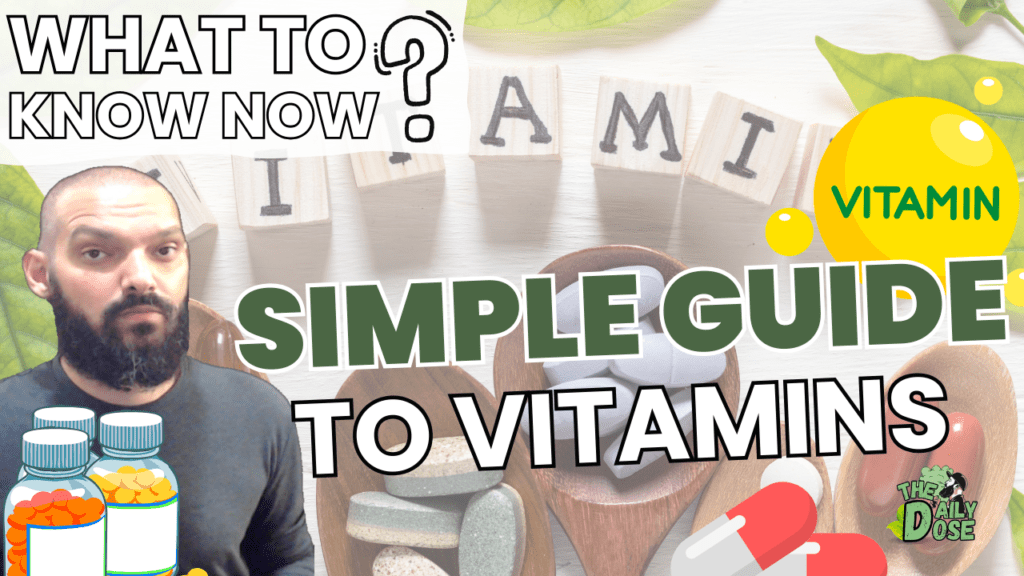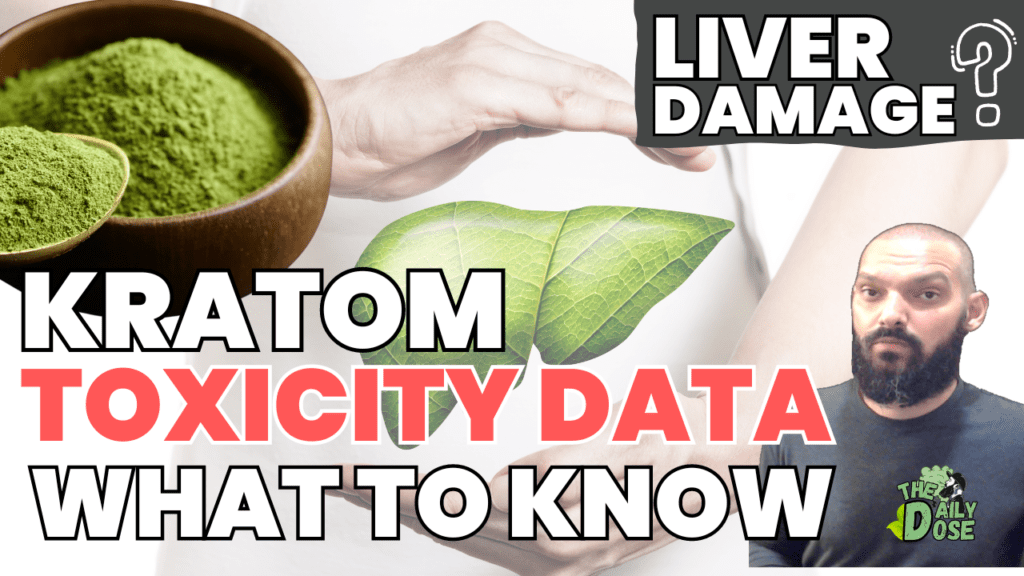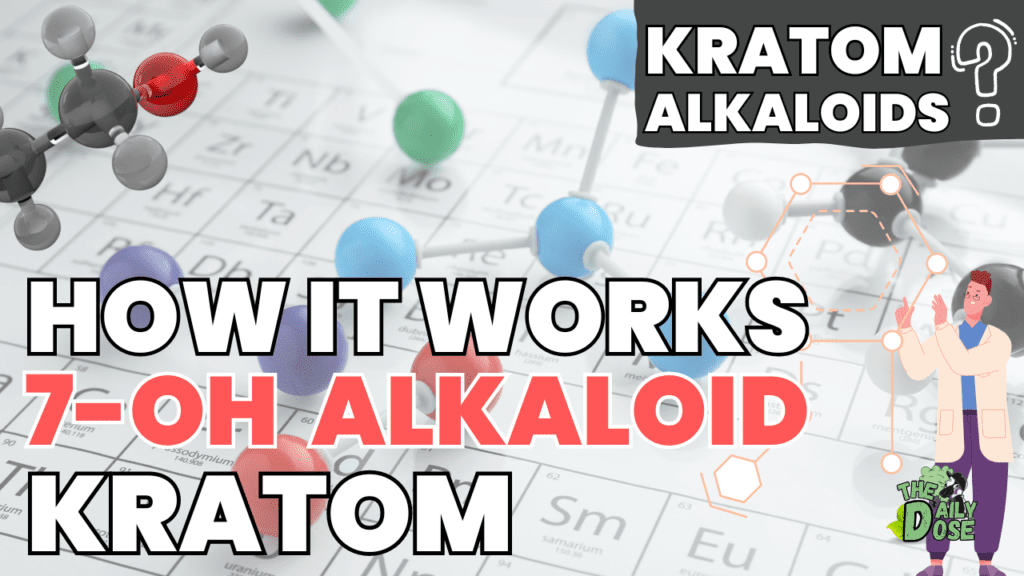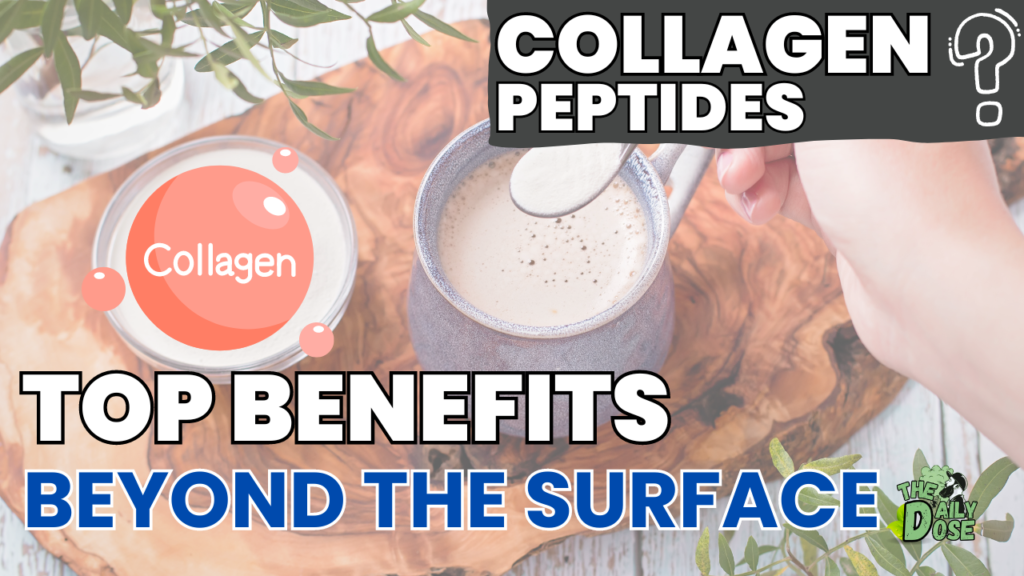Guide To Vitamins What To Know
1. Introduction: Types of Vitamins
Vitamins are crucial for bodily functions, and obtaining them through a balanced diet is ideal. However, supplements become essential when dietary intake falls short. The 13 essential vitamins, ranging from Vitamin A to Folate, each play unique roles in supporting overall health.
- Vitamin A
- Vitamin B6
- Vitamin B12
- Vitamin C
- Vitamin D
- Vitamin E
- Vitamin K
- Thiamine (B1)
- Riboflavin (B2)
- Niacin (B3)
- Pathogenic acid (B5)
- Biotin (B7)
- Folate (B9)
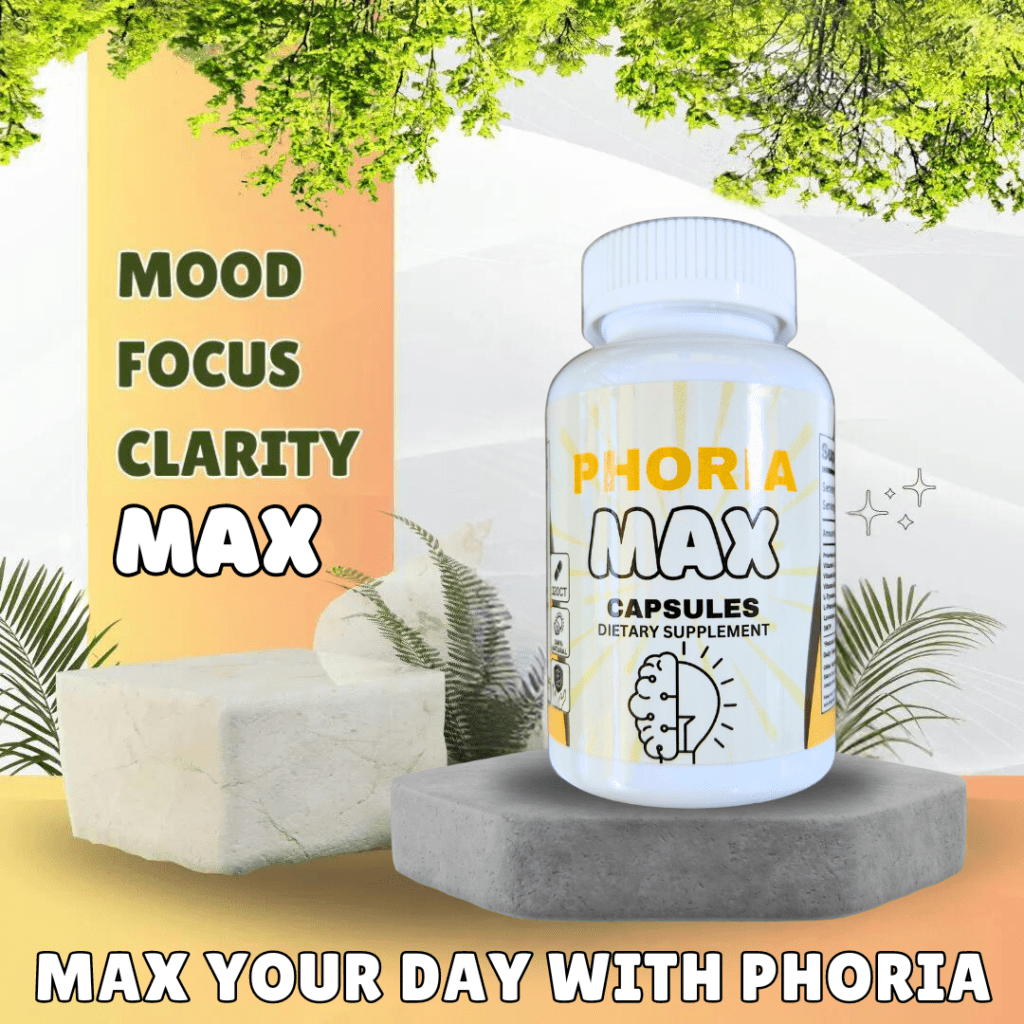
2. Benefits of Vitamins
Vitamins offer a myriad of benefits, contributing to diverse aspects of health. From promoting vision and brain function to aiding in tissue maintenance and wound healing, each vitamin has distinct advantages.
- Vitamin A: Vitamin A helps with your vision and the formation and maintenance of your teeth, bones, skin, and soft tissues.
- Vitamin B6: B6 helps you maintain healthy brain function and form the red blood cells you need.
- Vitamin B12: B12 helps maintain your central nervous system, it’s also important for metabolism and for the formation of red blood cells.
- Vitamin C: Vitamin C helps maintain healthy tissue and promotes dental health. It’s also important for wound healing.
- Vitamin D: You need vitamin D so that your body can absorb enough calcium and develop healthy teeth and bones.
- Vitamin E: Vitamin E is important for organ function.
- Vitamin K: Vitamin K helps your blood clot.
- Thiamine: Thiamine is essential for turning the carbohydrates you eat into energy you can use.
- Riboflavin: Riboflavin helps your body produce red blood cells.
- Niacin: Niacin helps maintain your skin and nervous system.
- Pathogenic acid: Pathogenic acid is important for metabolism and the production of hormones and cholesterol.
- Biotin: Biotin helps the body metabolize proteins and carbohydrates and helps the body produce cholesterol and hormones.
- Folate: Folate helps produce red blood cells and DNA.
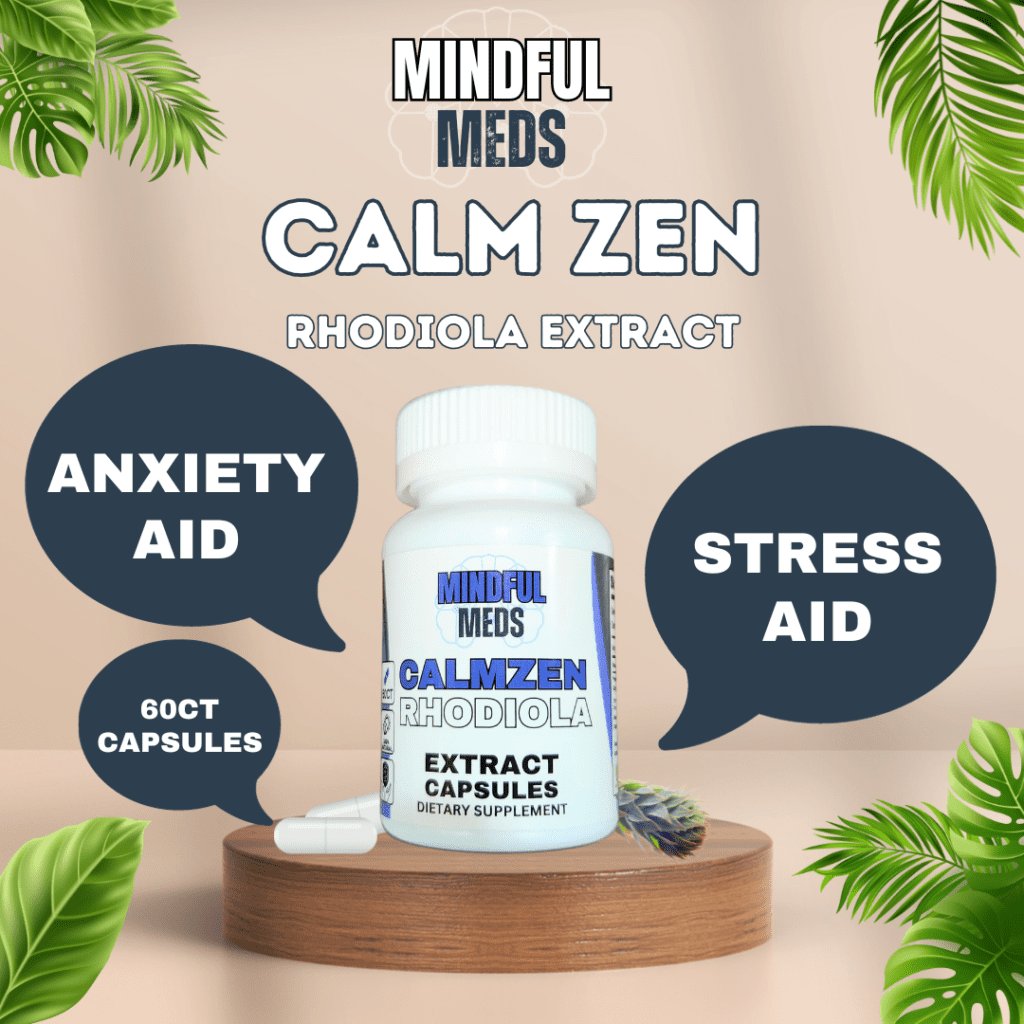
3. Side Effects of Taking Vitamins
While vitamins are essential, excess intake can lead to side effects, especially at high doses. Recognizing symptoms such as a lingering bad taste, stomach pain, nausea, or diarrhea is crucial for informed supplementation.
High Dose Risks and Possible Symptoms
- a bad taste that lingers in your mouth
- stomach pain
- nausea
- vomiting
- diarrhea
- constipation
Consuming common vitamins in high doses can pose substantial risks and induce various symptoms. Vitamin toxicity, often associated with excessive intake, is a serious concern, especially with fat-soluble vitamins like Vitamin A and Vitamin D.
High doses of Vitamin A may result in symptoms such as nausea, vomiting, and even nerve damage, particularly when used alongside retinoid acne medications. Vitamin D, crucial for calcium absorption, can lead to dangerously high blood calcium levels, causing adverse health effects.
Additionally, Vitamin B6, vital for metabolism, may cause nerve damage after prolonged high-dose usage. It is imperative to acknowledge these risks, as symptoms ranging from gastrointestinal discomfort to severe neurological issues may manifest, emphasizing the importance of cautious and informed vitamin supplementation.
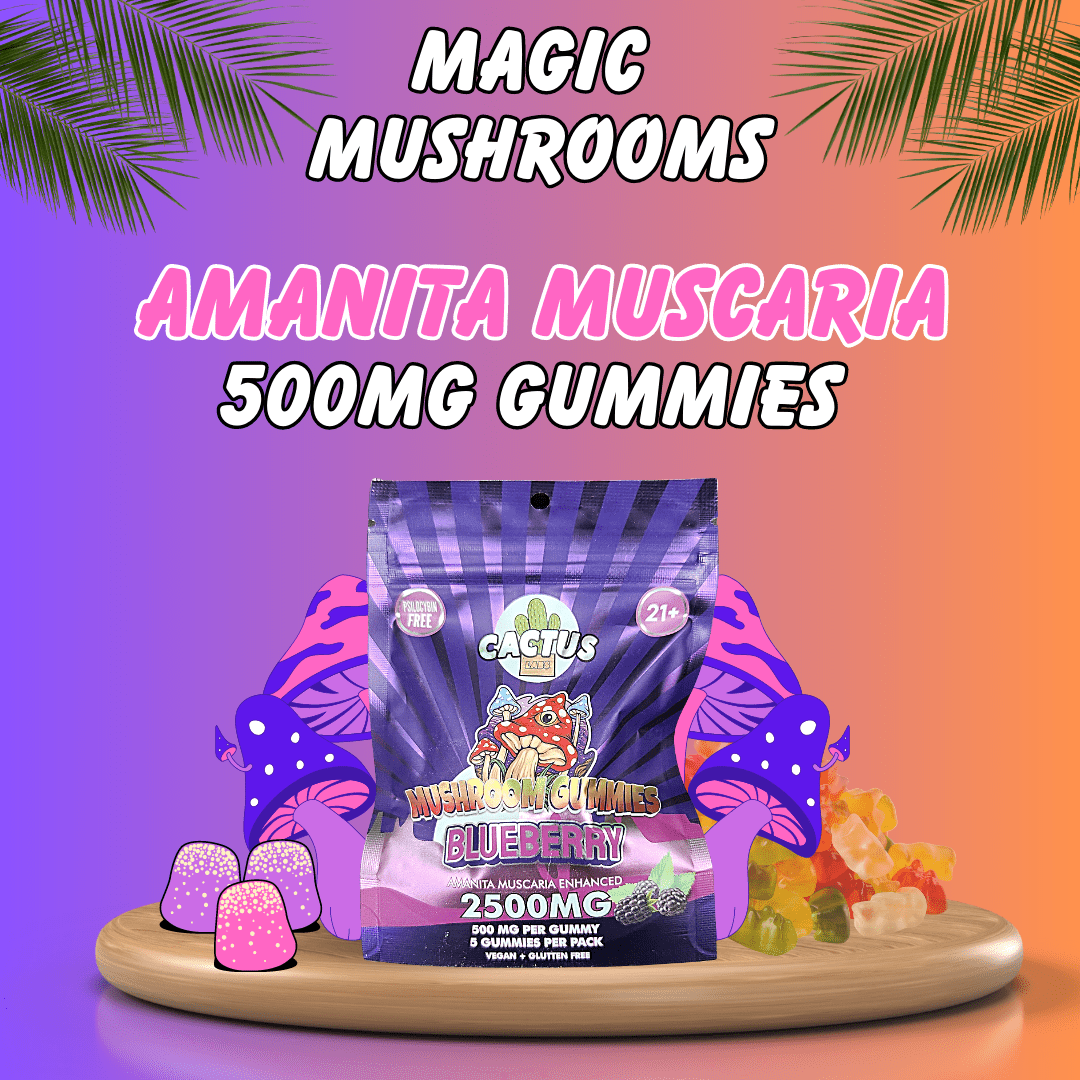
4. Possible Risks of Taking Vitamins
Beyond side effects, there are potential risks, including vitamin toxicity and interactions with prescription medications. Awareness of these risks is vital for safe supplementation.
- vitamin A toxicity when vitamin A is used with retinoid acne medications like Accutane
- nerve damage after long-term use of high dose vitamin B6
- reduced effectiveness with phenytoin, an anti-seizure medication, and levodopa, a Parkinson’s medication, when taking vitamin B6
- dangerously high blood calcium levels when taking vitamin D
- increased action of blood thinners when taking vitamin E
- reduced effectiveness of blood thinners when taking vitamin K
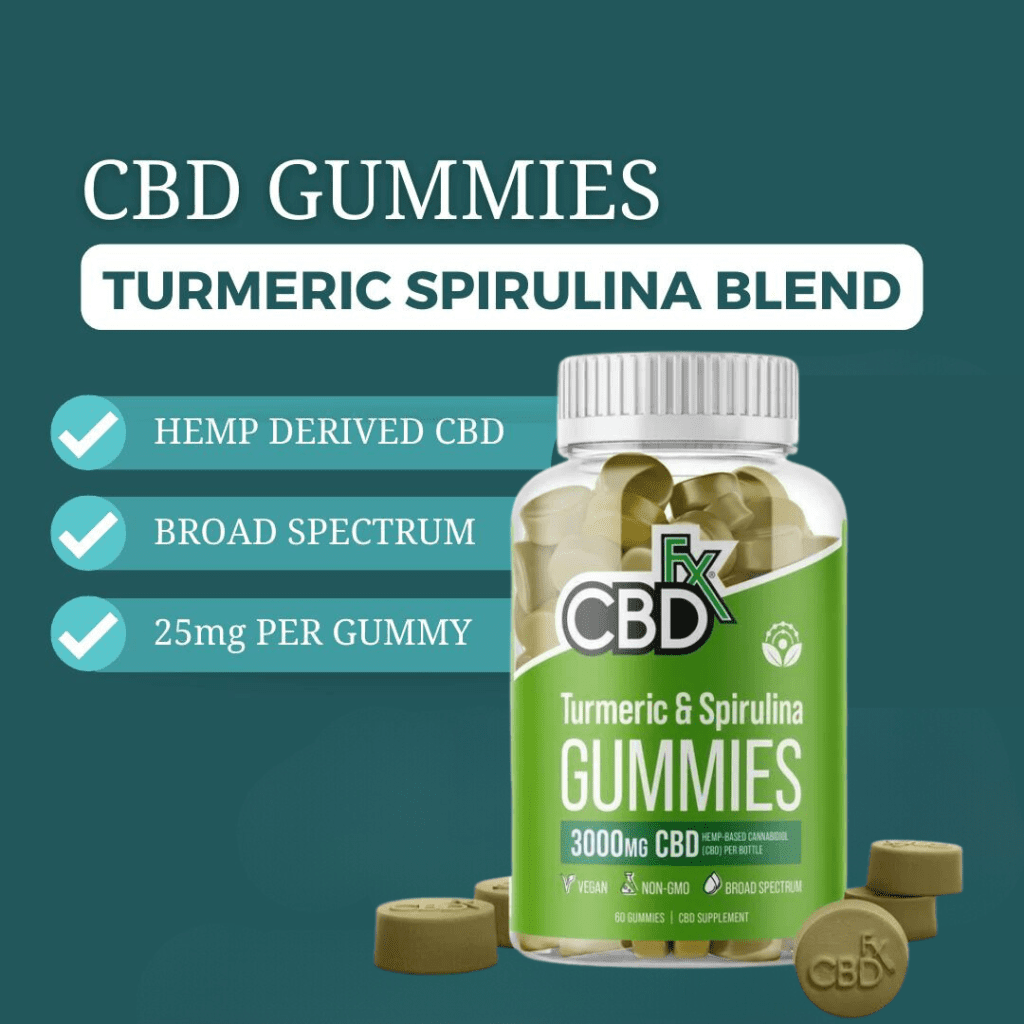
5. Interactions with Prescription Medications
Common vitamins can interact with medications, potentially influencing their effectiveness and causing unforeseen consequences. Vitamin E, recognized for its antioxidant properties, might enhance the action of blood thinners, elevating the risk of excessive bleeding. On the other hand, Vitamin K, crucial for blood clotting, can diminish the effectiveness of blood thinners, compromising their intended impact.
Vitamin A, often linked with skin health and vision, may pose risks of toxicity when used concurrently with retinoid acne medications like Accutane. Understanding these interactions is vital, as it empowers individuals and healthcare professionals to make informed decisions, ensuring that vitamin supplementation complements rather than hinders ongoing medical treatments.
- Altered effectiveness of blood thinners with Vitamin E
- Reduced effectiveness of blood thinners with Vitamin K
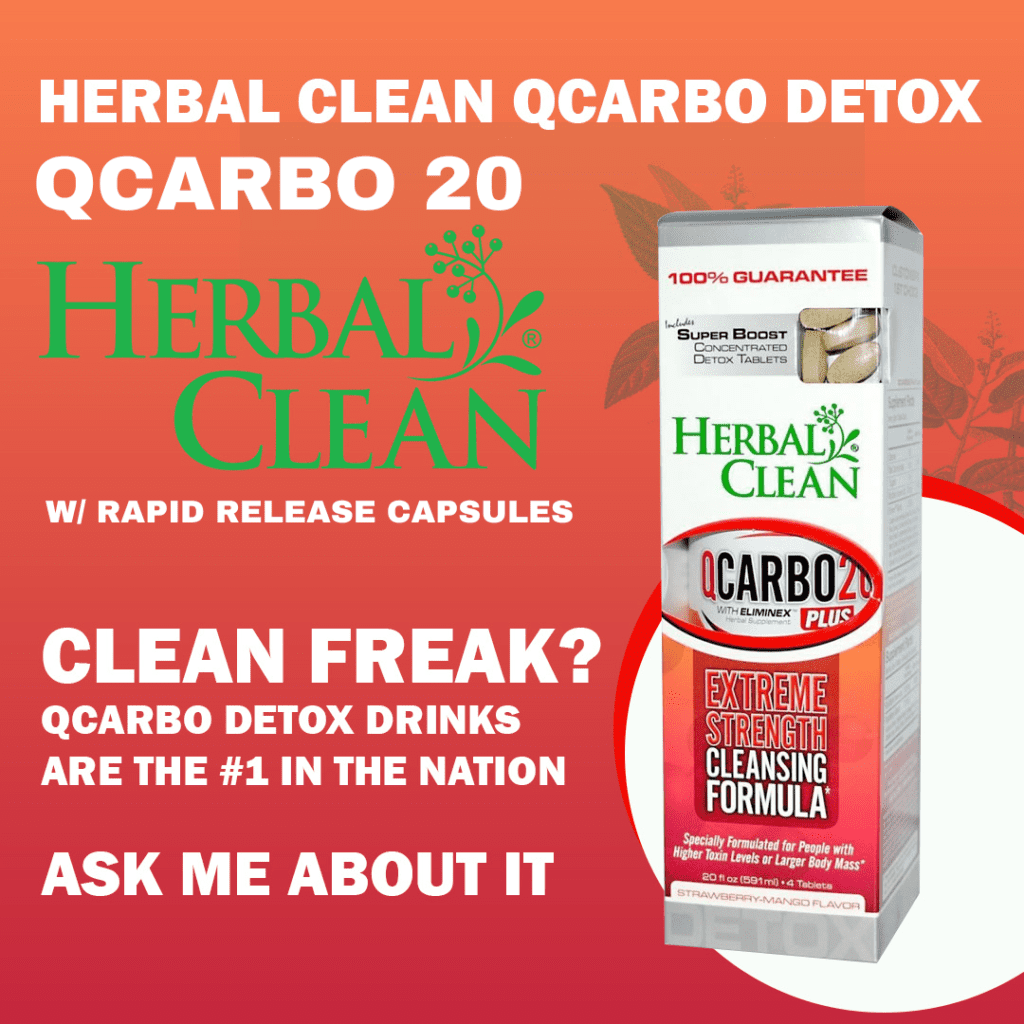
7. Dietary Supplements vs. Vitamins
Clarifying the distinction between dietary supplements and vitamins is essential for informed choices. While vitamins are a subset of dietary supplements, the broader category includes minerals, herbs, probiotics, and more.
Differentiating Between Natural and Supplemental Vitamins
Understanding whether a vitamin is naturally occurring in food or taken as a supplement is key to navigating the world of nutritional choices.
it is essential for making informed nutritional choices. Natural vitamins, inherent in the foods we consume, offer a synergistic blend of nutrients, fibers, and bioactive compounds that contribute to overall health. For instance, vitamin C found in fruits like oranges comes with the added benefit of fiber and antioxidants.
In contrast, supplemental vitamins, available in various forms such as pills or powders, isolate specific nutrients. While they serve as convenient options for addressing deficiencies, they may lack the synergistic effects seen in whole foods.
A study published in the Journal of the American College of Nutrition found that the bioavailability of vitamins from food sources is often higher than that of supplements, emphasizing the superiority of obtaining nutrients through a diverse and balanced diet. Recognizing this distinction aids in optimizing nutrient absorption and reiterates the value of a holistic approach to nutrition.
Outlook for Vitamin Consumers
The outlook for individuals taking vitamins varies based on the type of vitamins and the reasons behind supplementation. While certain vitamins are recommended for specific conditions, cautious consideration and professional consultation are crucial.
Importance of Professional Guidance
Discussing any vitamin use with healthcare professionals ensures personalized advice, reducing the risk of adverse interactions or unintended consequences especially if your taking medication.
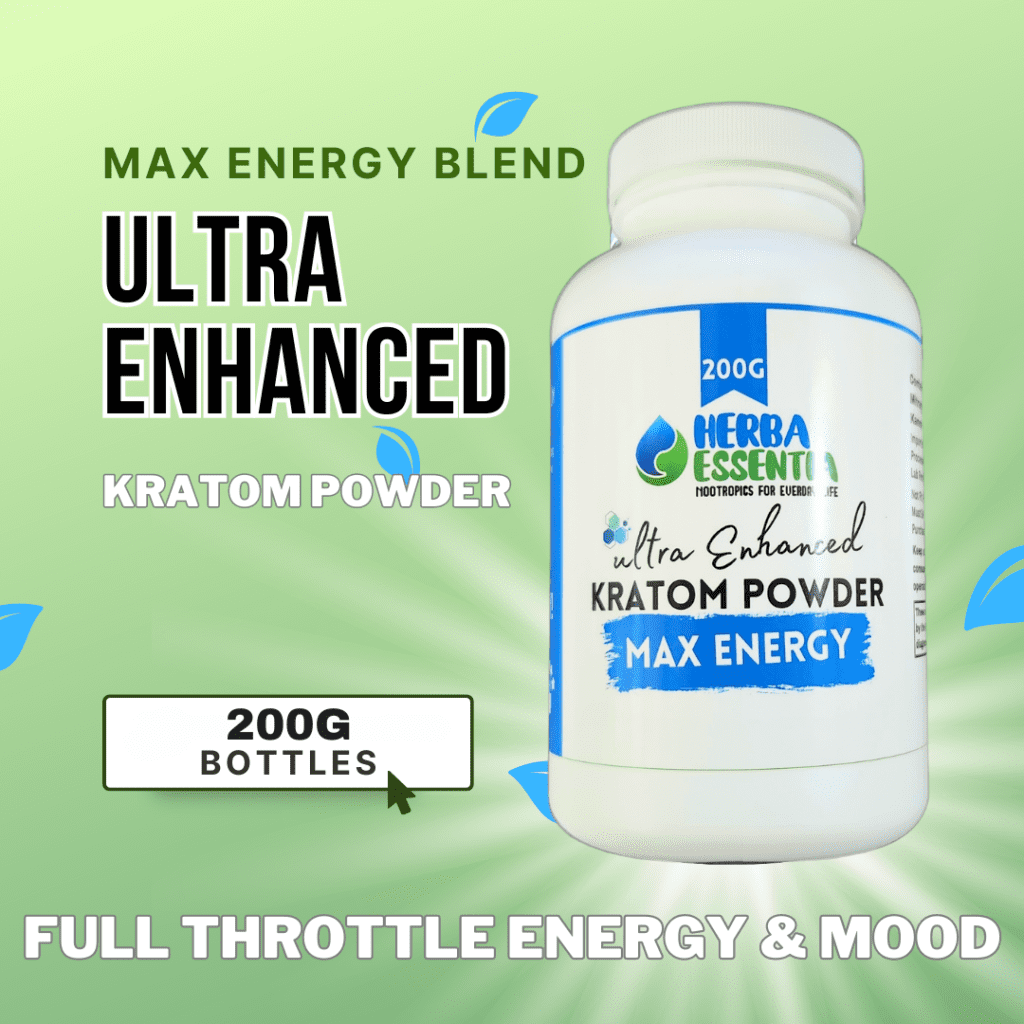
8. Conclusion: Navigating Vitamin Supplementation Safely
In conclusion, the safe navigation of vitamin supplementation involves understanding the benefits, risks, and the importance of professional guidance. Achieving a balanced intake through a nutritious diet remains the primary goal.
Takeaway
Vitamins, integral to essential bodily functions, are best obtained through a varied and nutritious diet. While supplements can address deficiencies, professional guidance is paramount to ensure safe and effective vitamin supplementation.
FAQs
Why are vitamins important?
What are three things vitamins do?
What food has all 13 vitamins?
Related Articles:
- Guide to Cardiovascular Health: Statins
- Plant Medicines For Health And Wellness
- Self Diagnosing ADHD What To Know Now
- Understanding Sleep & Insomnia Dr. Sykes
#guidetovitamins #howvitaminswork #whatdovitaminsdo #vitaminswhattoknow #healthandwellness #herbalsupplements #alternativehealing #naturalremedies #thedailydosepodcast
Meet The Author


